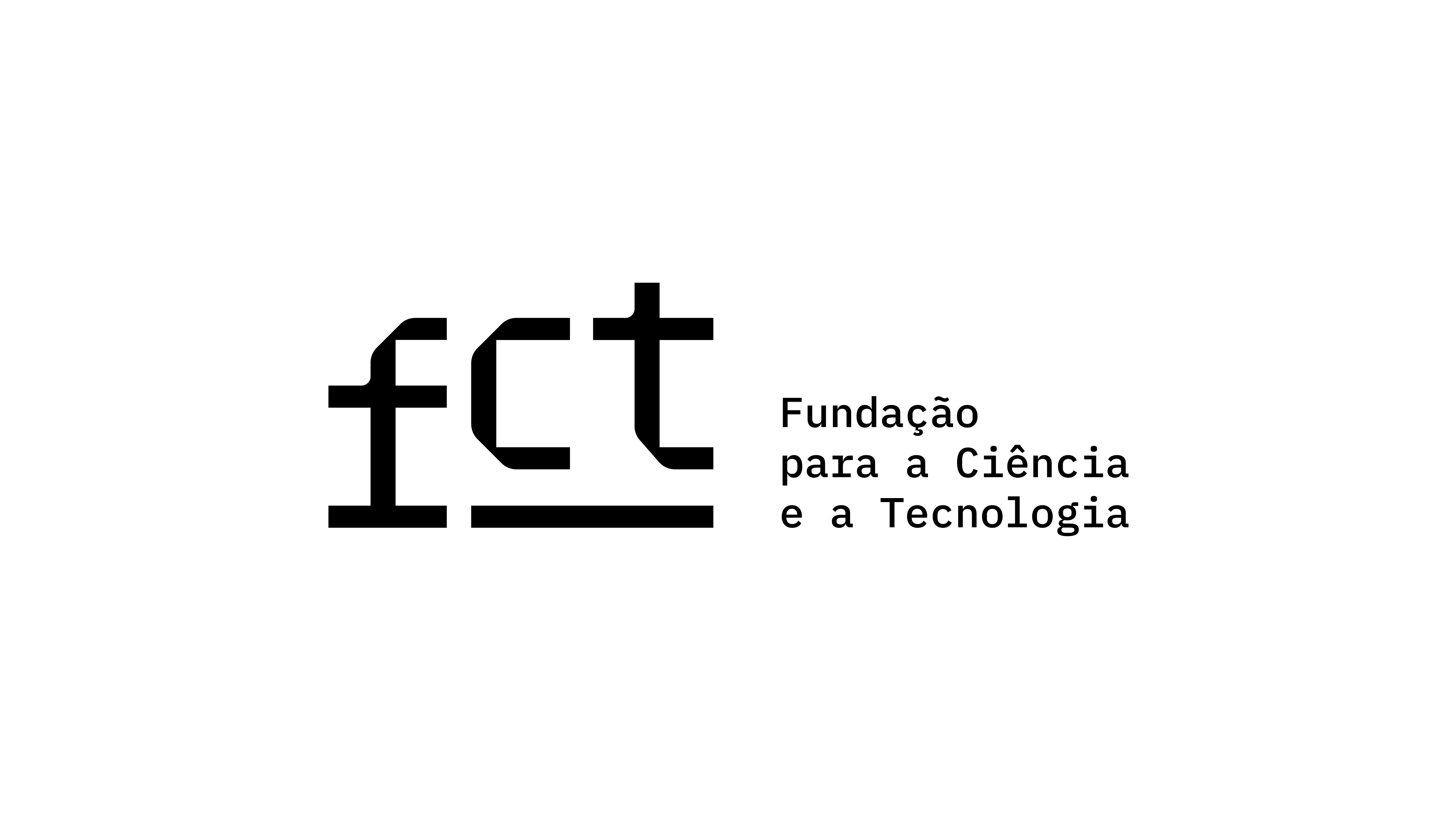Call for Papers | Repairing the Irreparable (No. 13) | Closed
Thematic Editors: Ana Cristina Pereira (Universidade do Minho, Portugal), Gessica Correia Borges (Universidade do Minho, Portugal) e Marta Lança (BUALA)
In this number of Vista, we propose to think about Repairing our broken world as a program of “countervisuality”, in that it seeks to grasp the lie of “visuality” and to propose alternatives (Mirzoeff, 2011, 2023). Such demand entails awareness of its own conceptual and ethical impossibility since it implies ending the world as we know it so that a new life can emerge (Ferreira da Silva, 2022; Mbembe, 2020/2021). Awareness of the right to reparation is coeval with colonialism and slavery and has been a demand of the victims of these historical processes ever since (Araujo, 2017; Azoulay, 2019; Savoy, 2022). Faced with the impossibility of repairing the brutality of colonial violence (Mbembe, 2020/2021) — the occupation, pillage, ethnocide, uprooting, abductions, rapes, epistemicide, large-scale looting, and extractivism — it becomes necessary to perform its “necrology” (Hicks, 2020). To insist on the gesture of reparation towards an "ethics of incommensurability" (Tuck & Yang, 2012) is vital to the continuous process of healing and care.
All around the world, governments of former colonial powers and their institutions — such as universities and museums — are being pressured to establish reparation policies. These include safeguarding the rights of the descendants of dispossessed and enslaved people, apologies for the atrocities of colonialism and the practice of large-scale slavery, the implementation of affirmative policies (for example, racial-ethnic quotas in acceding university and leadership roles within institutions), the revising of historical narratives and, consequently, of curricula (through the inclusion of excluded narratives, historical subjects, and artists), the restitution of looted objects, the decolonization of public space (for example, through the dismantling of racist statues and the memorialization of victims of Slavery), the forgiveness of odious debts, and the payment of financial compensations.
The discussion about reparation processes is not new, but it has been gaining preponderance worldwide in recent years. In Portugal, a few voices have been participating in this global discussion, especially in academia, but also outside of it — in the Parliament, the art world, and in activist circles. In this context, we highlight the ““IV Encontro de Cultura Visual” and the Reparations Workshop organized by Ana Cristina Pereira and Inês Beleza Barreiros, coordinators of the Visual Culture Working Group of SOPCOM, in collaboration with the theater company "mala voadora" (Porto), between June 23rd and July 8th, 2023. During this period, the aim was to bring together artistic, academic, and social activism practices around the theme of Reparations. This issue of VISTA also aims to continue the work developed during that period.
We invite paper proposals (or other more disruptive forms) that contribute to the critical and counter-hegemonic debate on:
- Repairing through restitution: on restitution of stolen objects, acquired under unclear circumstances or within a colonial power dynamic (Figueiredo 2022). On the repatriation of human remains. On how to decolonize museums and on "curatorships of discomfort" (Vlachou, 2022);
- Repairing public space: on the politics of memory in the public space (statues, street names, spaces of power, etc.). On "memory work as reparation" (Sturken, 2022);
- Repairing the historical narrative: on school curricula, textbooks, and their images, the (visual) sources of the historical narrative, and representativeness (Sousa et al., 2022);
- Repairing the planet: on ecology and politics, on extractivism and how to counter it. On forms of "restorative justice", including the one contemplating landscapes, rivers, mountains, and trees;
- Repairing through art: on the role of artistic production and cultural practices in these processes (Demos, 2020; Eugénio, 2019). How are these being addressed and with which outcomes;
- Other themes that may contribute to thinking about reparations.
IMPORTANT DATES
Submission (full manuscript) | new date: from September 18 to December 20
Journal publication date: continuous edition (January to June 2024)
LANGUAGE
The manuscripts may be submitted in English or Portuguese. Papers selected for publication will be translated into Portuguese or English and must be published in both languages.
EDITING AND SUBMISSION
Vista is an open access academic journal following demanding peer-review standards, based on a double-blind review process. After submission, the papers will be forwarded to two reviewers, previously invited to evaluate them according to their academic quality, originality, and relevance to the journal's objectives and scope.
Originals must be submitted through the journal's website (https://revistavista.pt/). If you are accessing Vista for the first time, you must register before submitting your article (instructions for registration here).
The guidelines for authors are available here.
For further information, please contact: vista[at]ics.uminho.pt
REFERENCES
Araujo, A. L. (2017). Reparations for slavery and the slave trade. Bloomsbury.
Azoulay, A. A. (2019). Potential history: Unlearning imperialism. Verso.
Demos, T. J. (2020). Beyond the worlds’ end: Arts of living at the crossing. Duke University Press.
Eugénio, F. (2019). Caixa-Livro AND. Editora Fada Inflada.
Ferreira da Silva, D. (2018, October 4). A dívida impagável. Buala. https://www.buala.org/pt/mukanda/a-divida-impagavel-lendo-cenas-de-valor-contra-a-flecha-do-tempo
Figueiredo, J. (2022). Falling into history: A case for the restitution of Mbali tombstones and the revival of the realms of memory of the enslaved. Postcolonial Studies. https://doi.org/10.1080/13688790.2022.2152163
Hicks, D. (2020). The brutish museums. The Benin bronzes, colonial violence and cultural restitution. Pluto Press.
Mbembe, A. (2021). Brutalismo (M. Lança, Trans.). Antígona. (Original work published 2020)
Mirzoeff, N. (2011). The right to look: A counterhistory of visuality. Duke University Press.
Mirzoeff, N. (2023). White sight. Visual politics and practices of whiteness. MIT Press.
Savoy, B. (2022). Africa’s struggle for its art: History of a postcolonial defeat. Princeton University Press.
Sousa, V., Khan, S., & Pereira, P. S. (2022). Reparações históricas: Desestabilizando construções do passado colonial. Comunicação e Sociedade, 41, 11–22. https://doi.org/10.17231/comsoc.41(2022).4039
Sturken, M. (2022). Terrorism in American memory: Memorials, museums, and architecture in the post-9/11 era. New York University Press.
Tuck, E., & Yang, K. W. (2012). Decolonization is not a metaphor. Decolonization: Indigeneity, Education & Society, 1(1), 1–40. https://jps.library.utoronto.ca/index.php/des/article/view/18630
Vlachou, M. (2022). O que temos a ver com isso? O papel político das organizações culturais. Buala; Tigre de Papel.








